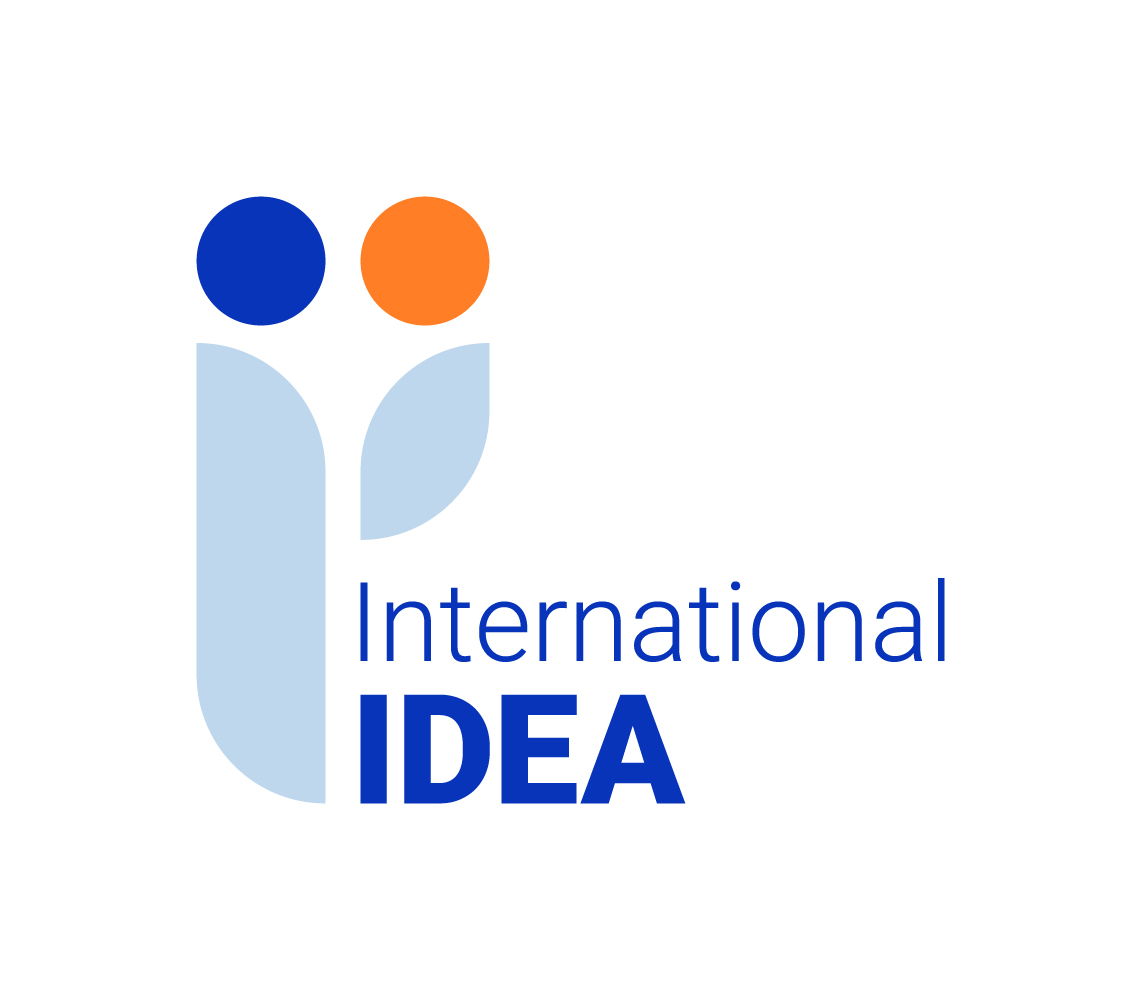Yachts. Cars. Cash. Around 3.5 million euro held by former Tunisian President, Ben Ali, was returned to the country in May 2015 after Swiss authorities joined efforts with their Tunisian counterparts to seize his stolen assets.
Search
Region
Country
Type
On 4 October 2017, International IDEA and Belgian Technical Cooperation (BTC)* signed a Cooperation Framework Agreement for the Democratic Governance Sector at the BTC headquarters in Brussels.
On 10 October 2017, the Government of Mexico, represented by the Ambassador of Mexico to Sweden, Agustín Gasca Pliego, joined International IDEA's Secretary-General Yves Leterme, and Regional Director for Latin America and the Caribbean, Daniel Zovatto, for the signing ceremony of the host-country agreement to establish a sub-regional office of International IDEA in Mexico City.
El 10 de octubre de 2017, el Gobierno de México, representado por el Embajador de México en Suecia, Agustín Gasca Pliego, se reunió junto al Secretario General de IDEA Internacional, Yves Leterme, y el Director Regional para América Latina y el Caribe, Daniel Zovatto, para la firma del Acuerdo de País Sede para establecer una oficina subregional de IDEA Internacional en la Ciudad de México.
International IDEA's Electoral Processes Programme held the first workshop of its 'Timing and Sequencing of Transitional Elections Workshop' in Dakar, Senegal on 13 and 14 September 2017.
This Primer discusses constitutional rules for the selection and removal of parliamentary governments. Governments in parliamentary democracies are not elected directly by the people; rather, they are selected indirectly by or through parliament, are responsible to parliament and may be removed from office by a parliamentary vote of no confidence.
Disclaimer: Views expressed in this commentary are those of the staff member. This commentary is independent of specific national or political interests. Views expressed do not necessarily represent the institutional position of International IDEA, its Board of Advisers or its Council of Member States.
Disclaimer: Views expressed in this commentary are those of the staff member. This commentary is independent of specific national or political interests. Views expressed do not necessarily represent the institutional position of International IDEA, its Board of Advisers or its Council of Member States.
Disclaimer: Views expressed in this commentary are those of the staff member. This commentary is independent of specific national or political interests. Views expressed do not necessarily represent the institutional position of International IDEA, its Board of Advisers or its Council of Member States.
Disclaimer: Views expressed in this commentary are those of the staff member. This commentary is independent of specific national or political interests. Views expressed do not necessarily represent the institutional position of International IDEA, its Board of Advisers or its Council of Member States.
Disclaimer: Views expressed in this commentary are those of the staff member. This commentary is independent of specific national or political interests. Views expressed do not necessarily represent the institutional position of International IDEA, its Board of Advisers or its Council of Member States.
On 15 September 2017, International IDEA´s Secretary-General, Mr Yves Leterme, visited the Swedish city of Falun on the occasion of the International Day of Democracy, where he participated in a panel discussion on the topic of strengthening democracy, in the framework of this year´s 'Falun Democracy Week'.
Disclaimer: Views expressed in this commentary are those of the staff member. This commentary is independent of specific national or political interests. Views expressed do not necessarily represent the institutional position of International IDEA, its Board of Advisers or its Council of Member States.
In a democracy, formal popular votes are important to the exercise of people power.
Traditionally, in most representative democracies, the power of citizens to make decisions at the ballot box was restricted to the elections of other people and parties to offices and parliament. However, in recent years more and more countries have adopted new possibilities and channels for citizens to make their voices heard—even between election days.
Professional and skilled electoral management body (EMB) staff are essential in ensuring successful elections and in maintaining the sustainability of the EMB. Continuous training and professional development contributes to this end. EMBs have a wide range of training and development demands and as a result, EMBs are actively involved in raising the capacity of staff as well as other electoral stakeholders.
This is a series on the process of democratic accountability as defined by its three main principles: answerability, responsiveness and enforceability.
On 18-19 July 2017, International IDEA together with the Institute of Philosophy of the Mongolian Academy of Science got together with the staff of the Municipality of Ulaanbaatar, representatives from civil society and group of researchers to discuss and customize assessment methodology based on International IDEA’s Democratic Accountability in Service Delivery and
This is a series on the process of democratic accountability as defined by its three main principles: answerability, responsiveness and enforceability.
Elections, if they are inclusive and fair, can have a stabilizing effect on post-conflict and transitioning democracies. The competitive nature of elections can however provide entry points for violence and conflict, which can derail peace and the first steps in a transition. The conduct of political parties is central to the protection of peacebuilding and democratic efforts. Political parties can either fuel electoral violence, or, help to deter or resolve violent situations.
This is a series on the process of democratic accountability as defined by its three main principles: answerability, responsiveness and enforceability.

